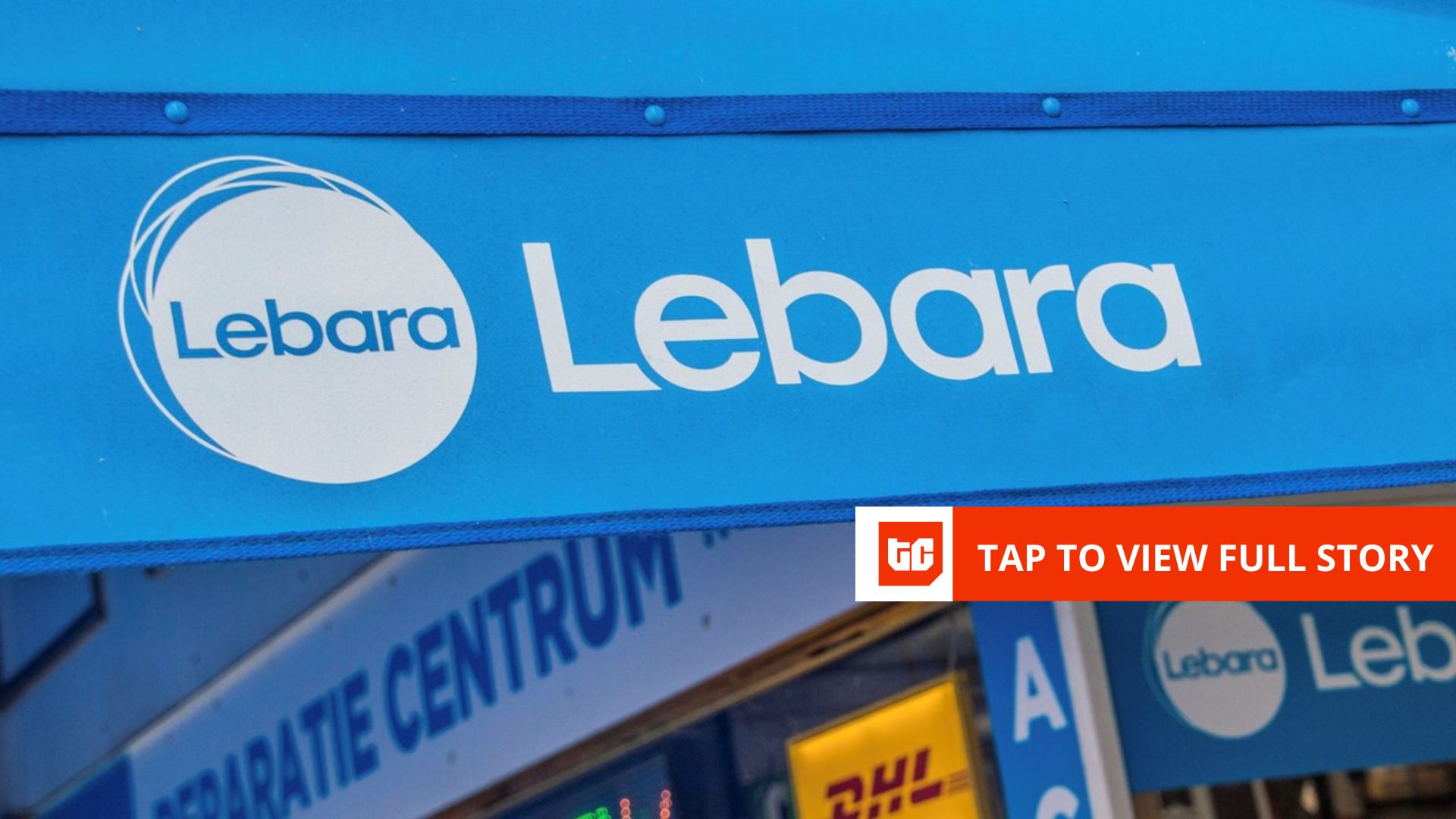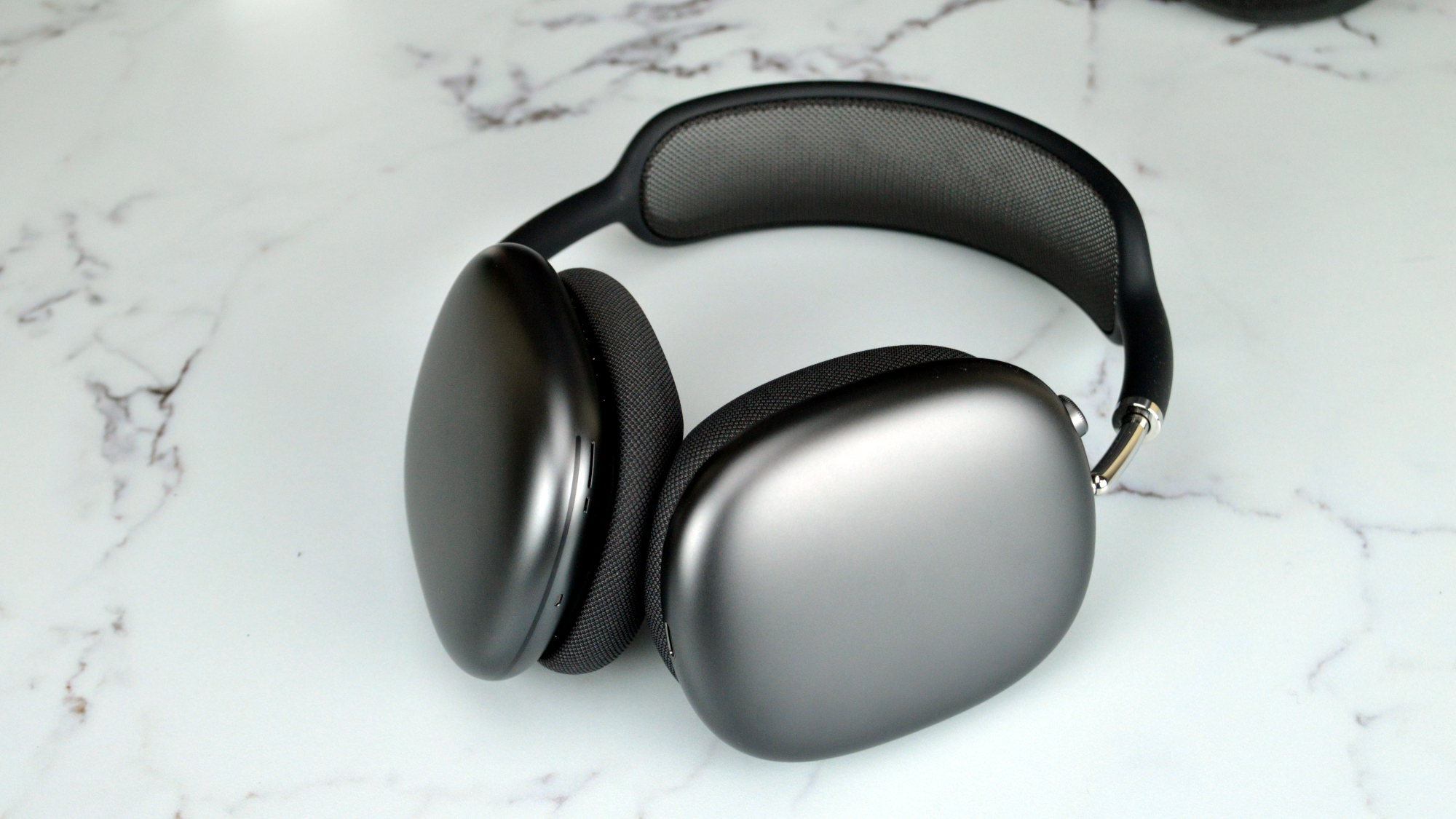When Lebara Nigeria, a subsidiary of the London-based Mobile Virtual Network Operator (MVNO) Lebara, launches in Q3 2025, it will challenge the norm of traditional airtime sales by offering voice bundles and data packages tailored to specific user needs. This move will give subscribers more control over their spending, reduce the cost of calls, and deliver longer talk time and browsing value.
Lebara’s decision to offer voice bundles instead of traditional airtime underscores a major shift in Nigeria’s highly price-sensitive telecom market. In a market where ₦100 airtime often vanishes without clear usage breakdowns, voice bundles offer predictable, real-time billing with no hidden charges. For investors, this model reflects a lean, tech-driven operation with strong potential for rapid growth, especially given Lebara’s global MVNO experience and low operational overhead. For regulators, it validates the move to open the market to MVNOs. And for incumbent players, it serves as a wake-up call to evolve or risk losing ground to more agile, customer-focused entrants.
Lebara’s entry into Nigeria aligns with the Nigerian Communications Commission’s (NCC) broader agenda to expand competition, improve service quality, and drive innovation through Mobile Virtual Network Operator (MVNO) licensing. By allowing MVNOs to offer services over existing telecom infrastructure, such as fibre networks and base stations, without the heavy investment of building it themselves, the NCC aims to lower costs and boost access, especially in underserved areas. For subscribers, this translates into more affordable, tailored voice and data plans.
Countries like South Africa, Kenya, and Morocco have more established MVNO ecosystems, thanks to earlier regulatory support, mature telecom infrastructure, and higher mobile penetration. South Africa, for example, has multiple active MVNOs—including FNB Connect and Me&You—backed by strong consumer demand for niche, cost-effective services. Kenya’s ecosystem thrives due to its digital-savvy population and robust mobile money integration, while Morocco’s regulatory framework has long encouraged telecom competition.
In contrast, Nigeria, despite being Africa’s largest telecom market by subscriber base, only began issuing MVNO licences in 2023 due to previous regulatory hesitation, infrastructure challenges, and a market long dominated by a few powerful Mobile Network Operators (MNOs). With the NCC now actively supporting MVNOs to foster competition and expand access, the ecosystem is finally beginning to take off.
Lebara will operate under a Tier 5 Unified Virtual Operator licence—the most comprehensive category within Nigeria’s MVNO framework—secured through VAS2Net, a local value-added service provider, in March 2024. Valid through 2034, this licence allows Lebara to offer a full range of telecom services. Unlike Mobile Network Operators (MNOs) such as MTN, Airtel, or Globacom, which build and maintain vast infrastructure, Lebara will lease capacity from existing networks and build its offerings on top..
The difference is significant. Airtime is a flexible prepaid credit usable for calls, SMS, or data at standard pay-as-you-go rates, but typically comes with higher per-minute charges. Voice bundles, on the other hand, offer fixed call minutes at discounted rates and often come with usage perks. While airtime suits users looking for flexibility, voice bundles are ideal for frequent callers who want predictability and better value.
“You buy minutes, not airtime,” explained Samuel Alabi, Head of Corporate Communications at Lebara Nigeria. “If your call ends in 30 seconds, you still have 99 minutes and 30 seconds left. That’s the kind of clarity and control we’re bringing to Nigerian telecoms.”
Betting on lower operational cost
Lebara bets that as an MVNO, it can outmaneuver traditional players weighed down by massive operational costs. While MNOs must maintain sprawling infrastructure and thousands of employees, Lebara keeps lean by riding on partner networks and leveraging software, partnerships, and automation. The company is betting it can undercut incumbents and win market share in an industry projected to reach $20 billion this year.
“Our operational cost is lower, so our prices can be too,” said Alabi. “It’s like how fintechs disrupted banks—you don’t need a branch on every street to offer great financial services.”
That model allows Lebara to tailor products for specific user needs. Whether you’re a tech bro downloading software or a social media addict glued to TikTok, there’s a bundle tailored to the specific activity you want to conduct online. Heavy callers get voice minutes, not confusing unit-based billing. And yes, there will be both physical SIMs and eSIMs at launch.
The challenge of Nigeria’s telecom landscape
But the path to launching an MVNO in Nigeria isn’t simple. The ecosystem has long been dominated by just a few MNOs, MTN Nigeria and Airtel Nigeria. Infrastructure is patchy, prices are opaque, and service quality varies widely.
“The telecom sector here isn’t just suffering from hardware gaps,” said Alabi. “It’s also the software—both literally and figuratively. It’s one thing to have an iPhone; it’s another to know how to use it.”
This is where Lebara hopes government support can make a difference. To succeed, MVNOs need regulatory backing, infrastructure-sharing laws, and collaboration between private players and the public sector.
As of May 2025, the Nigerian Communications Commission (NCC) has issued at least 41 MVNO licences across five tiers, making Nigeria one of Africa’s most dynamic MVNO markets. The NCC initially licensed 25 companies in 2023, but by late 2024, the number had grown to 41, with companies paying a combined ₦8.6 billion ($5.4 million) in licence fees. The MVNOs in Nigeria are betting on innovation, customer-centric offerings, digital and financial services integration, and strategic partnerships to carve out market share and drive growth in a highly competitive telecom landscape.
“MVNOs can’t work without government involvement,” Alabi emphasised. “The NCC’s licensing is a good start, but this has to be a true private-public partnership. That’s why we’re working with the Ministry of Arts, Culture, Tourism, and Creative Economy to ensure the environment supports innovation.”
The goal is to unlock competition and shake up a space where too few players control too much. “With only three major MNOs, it’s not easy to get them in a room and agree on pricing,” Alabi said pointedly. “MVNOs change that.”
Building through partnerships
Two major partnerships backed Lebara’s Nigerian launch. Swedish telecom platform Telness Tech is powering the digital infrastructure, while Nigerian firm VAS2Nets provides local licensing and regulatory compliance support.
These partnerships ensure Lebara won’t be stuck reinventing the wheel. VAS2Nets already works with other telcos on short code licensing and other compliance areas, while Telness brings scalability, enabling Lebara to customise its offerings for the Nigerian market.
“Lebara has been successful with this model in other markets. If they have solid relationships with influential executives within the mobile operators in Nigeria, there is no reason why they won’t be successful here as well,“ said Ladi Okuneye, CEO of UniCloud, a cloud computing provider with operations in Nigeria, South Africa, and Ghana.
Lebara operates directly as an MVNO in five European countries: the United Kingdom, France, Denmark, the Netherlands, and Germany. In addition to its direct operations, Lebara’s brand is also used under licence agreements in four other countries: Australia, Switzerland, Saudi Arabia, and Spain.
What to expect at launch
Lebara is currently in advanced testing phases with an undisclosed MNO which it has leased its infrastructure. The initial rollout will cover Lagos and the rest of the Southwest, with Abuja and Port Harcourt coming next. Within six months, the company plans nationwide coverage.
Subscribers can port their numbers, request eSIMs, or pick up traditional SIM cards. And in what might be one of its most unique offerings, Lebara plans to partner with local governments and cultural institutions to build public WiFi hubs, offering near-free internet to customers in select locations.
“In the UK, if you’re on the train or inside a building and there’s a hub nearby, your phone connects automatically. That’s what we want to recreate here,” Alabi said.
As Nigeria’s telecom market evolves and subscribers grow increasingly vocal about service quality, Lebara is betting on simplicity, transparency, and affordability to win over disillusioned users. After years of enduring dropped calls, hidden charges, and inconsistent service, many Nigerians have come to expect less. Lebara’s mission is to challenge that expectation.
“We’ve gotten so used to asking, ‘Can you hear me now?’ that we’ve forgotten we shouldn’t have to,” said Alabi with a smile. “Lebara is here to change that.”












